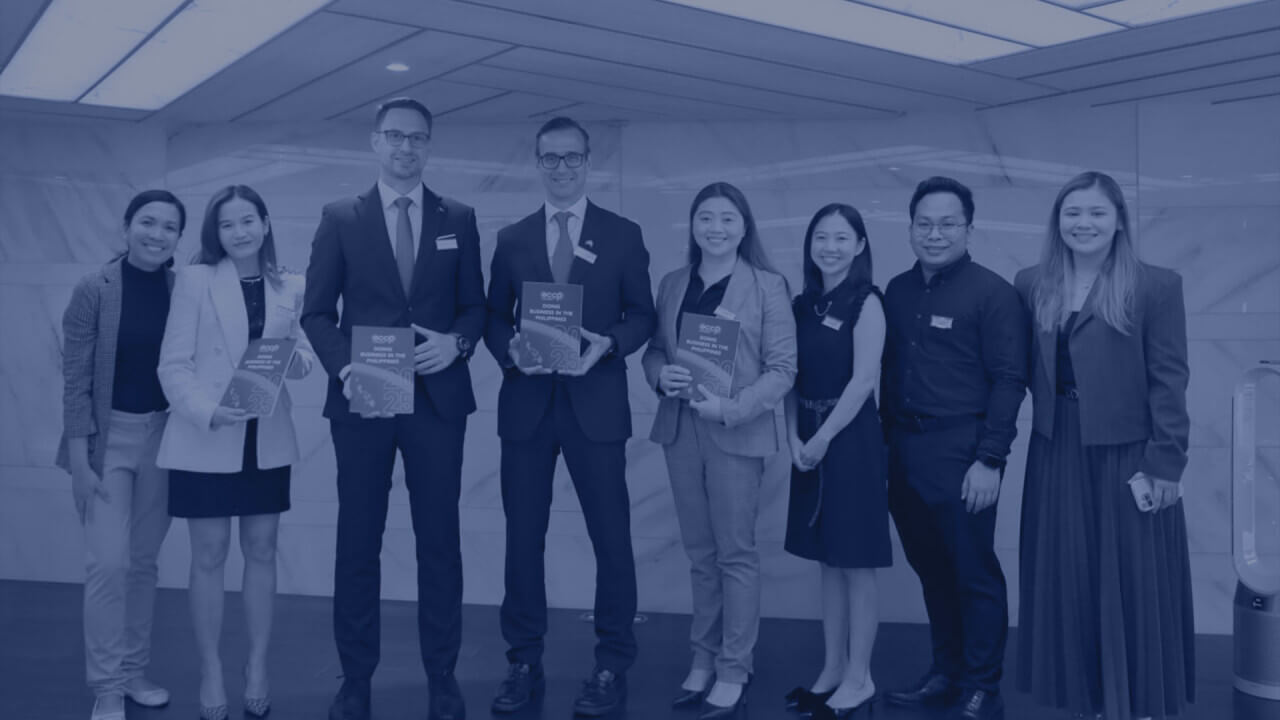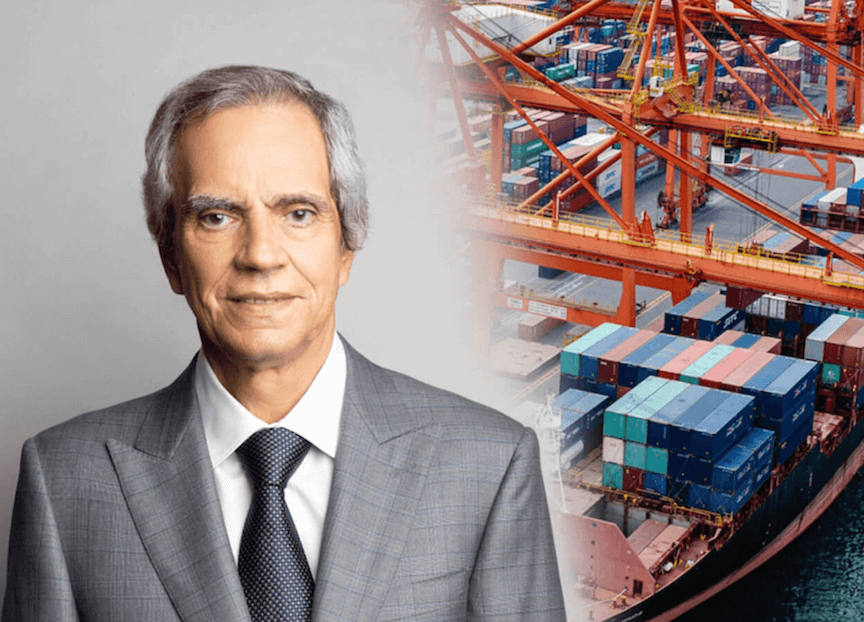

The Doing Business in the Philippines 2025 guidebook provides an accessible summary of key steps for establishing a business, along with legal updates on investments, incentives, taxation, and labor.
It serves as a practical resource for investors navigating the country’s evolving regulatory landscape.
“The Philippines is creating a business-friendly environment through incentives, streamlined regulations, and innovation-friendly reforms,” DivinaLaw managing partner Nilo Divina said during the launch event at the firm’s Makati City head office.
“Whether through CREATE MORE, renewable energy, fintech, or intellectual property protections, investors are encouraged to seize these opportunities to drive growth and success,” he said.
The guidebook aligns with government initiatives to promote investment, as highlighted by Trade and Industry Undersecretary and BOI vice chair Ceferino Rodolfo. He announced the upcoming release of the 2025-2028 Strategic Investment Priority Plan, which will further outline priority sectors and incentives for businesses.
ECCP president Paulo Duarte emphasized the chamber’s role in strengthening trade relations between Europe and the Philippines, while European Union Ambassador Massimo Santoro discussed EU-Philippine trade opportunities.
Norwegian Ambassador Christian Lyster also encouraged businesses to maximize free trade agreements.
Other key attendees included Philipp Dupuis, Minister Counsellor of the European Union’s delegation to the Philippines; BOI executive director for investment assistance Bobby Fondevilla, and BOI director Ernesto Delos Reyes Jr.
With DivinaLaw’s legal expertise as its foundation, the new guidebook aims to streamline business entry, making the Philippines a more attractive destination for investors.

